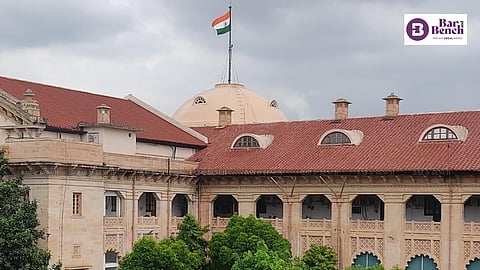
- News
- Columns
- Interviews
- Law Firms
- Apprentice Lawyer
- Legal Jobs
- हिंदी
- ಕನ್ನಡ

The Allahabad High Court recently rejected a plea to protect a live-in couple comprising a Hindu man and a Muslim woman, after noting that the woman was yet to divorce her earlier husband and that her live-in relationship with another man is prohibited under Muslim Law (Shariat).